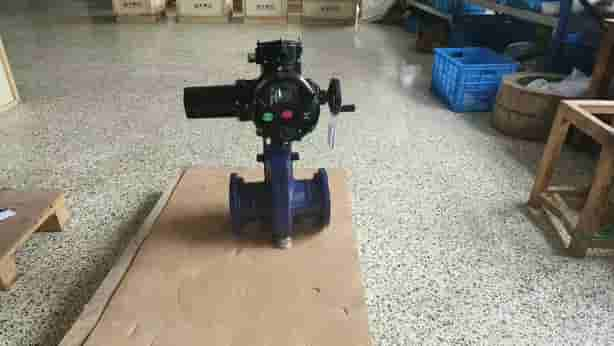the functionality and benefits of electric pinch valves
Release time:2024-12-05 02:53:03
Electric pinch valves are increasingly becoming a popular choice in various industrial applications due to their unique design and operational efficiency. These valves, which utilize an electric actuator to control the flow of fluids through a flexible tube, offer several advantages that make them suitable for diverse industries, including wastewater treatment, food processing, and chemical manufacturing. In this article, we will explore the functionality, benefits, and applications of electric pinch valves, highlighting why they are an excellent choice for modern industrial processes.

Understanding Electric Pinch Valves At the core of an electric pinch valve's design is a flexible tube, often made from rubber or other elastomers, that is pinched to control the flow of fluid. The valve is equipped with an electric actuator that adjusts the degree of pinching based on the desired flow rate. This mechanism provides a simple yet effective means of flow control, making electric pinch valves highly reliable in various conditions.
The operation of an electric pinch valve is relatively straightforward. When the actuator receives a signal, it engages the pinch mechanism, either fully closing or partially restricting the flow through the tube. By adjusting the pinch pressure, operators can control the flow rate with precision, which is particularly beneficial in applications requiring accurate dosing or mixing of materials.

